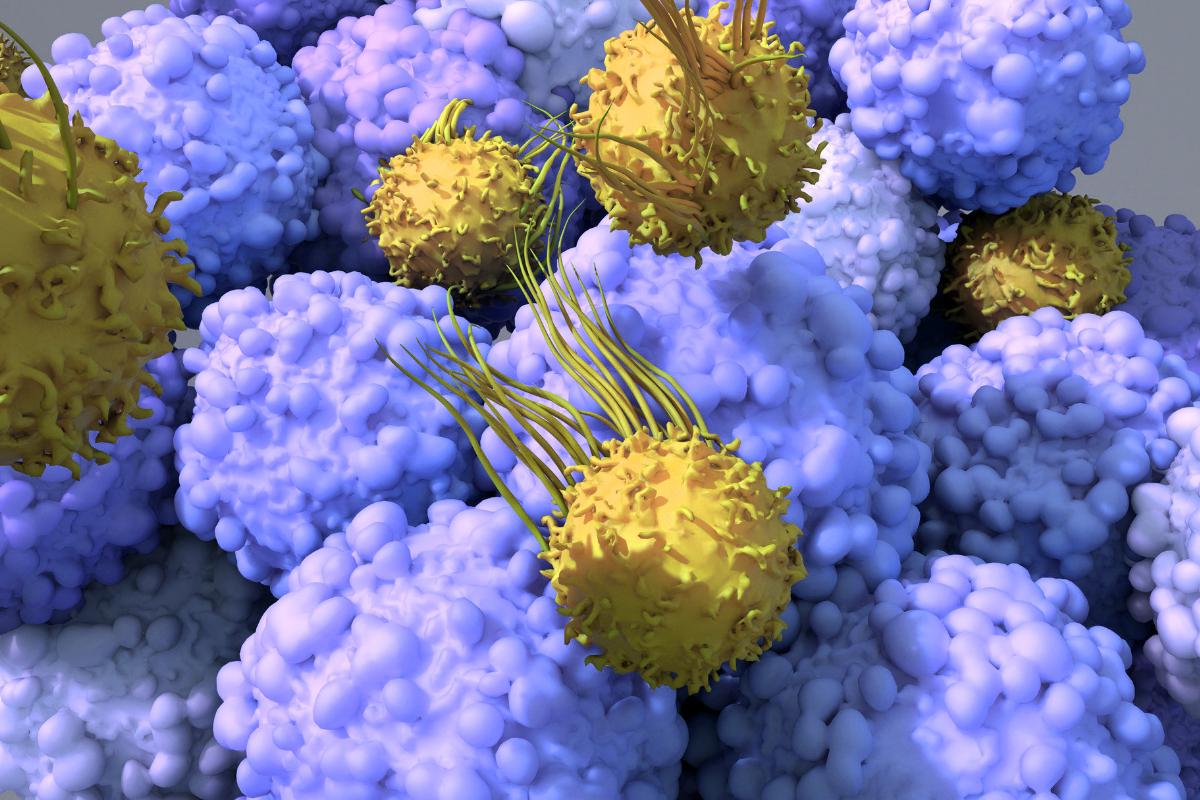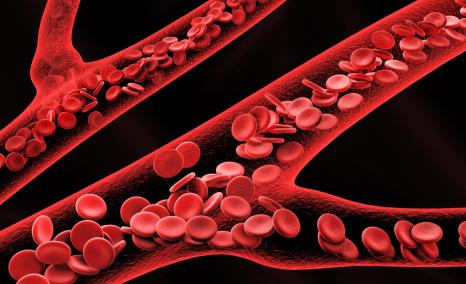Year-End Sale is Live! Find Exclusive Prices on the Best Selling Pharma & MedTech Reports.Check Now!

Rare Diseases
- Home
- rare diseases
Our Custom Soultions for Rare Diseases
- Competitive Intelligence
- Epidemiology Assessment
- Market Forecast
- Pricing and Reimbursement
- Indication Prioritization
- Partner Assessment
- Customized Services
Competitive Intelligence
Staying abreast of the rapid changes in the healthcare environment is paramount. Through a combination of robust data, and expert opinion and analysis, we provide real-time actionable insights to our partners and enable them to make informed decisions.
Some of our key services include:
- Regulatory Assessment
- Opinion Analysis
- Congress Intelligence
- Strategy Assessment
- News Assessment
Our competitive intelligence consulting services provide research-based solutions to help you gain a competitive advantage. Our strategy considers the perspectives of customers, suppliers, business competitors, and others. We gather market data from all corners of the industry and transform it into useful information. Our competitive intelligence team, composed of analysts, senior analysts, managers, and key opinion leaders (KOLs), provides our partners with the most up-to-date and accurate intelligence.

PD-1/PD-L1 inhibitors
Cancer immunotherapy known to reactivate weakened immune cells of cancer patients, has yielded great success in recent years. Promising antitumor effects have been demonstrated in several solid and hematological malignancies by introducing PD-1/PDL-1 blockade therapy. There is a growing concern about whether they are comparable as the use of PD-1/PDL-1 inhibitors is increasing in number for the clinical treatment of cancer.
Related Insight

TEVIMBRA’s Winning Streak — BeiGene Secures New Indication for PD-1 Drug
TEVIMBRA is a specially engineered humanized immunoglobulin G4 (IgG4) monoclonal antibody targeting programmed cell death protein 1 (PD-1) with high affinity and specificity. It is designed to reduce interaction with Fc-gamma (Fcγ) receptors on macrophages, enhancing the immune system’s ability to recognize and attack tumors.

Ono’s ROMVIMZA Triumph Sparks Battle with Daiichi Sankyo’s TURALIO in TGCT Space
Daiichi’s drug, TURALIO, is approved for adult TGCT patients experiencing severe morbidity or functional limitations for whom surgery is not a viable option. In its latest quarterly report for Q3 of the 2024 fiscal year, Daiichi reported a nearly 25% increase in TURALIO sales, reaching ¥5.1 billion (approximately $33.6 million).

Polycythemia Vera: Growing Competition and the Changing Treatment Landscape in 2025
The therapeutic paradigm for Polycythemia Vera patients has shifted significantly in the last few years. Previously, the Polycythemia Vera treatment landscape was dominated by generic medicines such as aspirin, hydroxyurea, interferons, and phlebotomy until the approval of JAKAFI (ruxolitinib) in the US in 2014,

The Future of Multiple System Atrophy: Pioneering Approaches Beyond Levodopa Reliance
Multiple system atrophy (MSA) is a rare and progressive neurodegenerative disorder that affects the autonomic nervous system, motor function, and balance. It manifests through a combination of parkinsonism, autonomic dysfunction, and cerebellar ataxia,

Merus’ BIZENGRI: The New Face of NRG1+ Cancer Treatment After FDA Approval
Merus had a standout start this month. Shortly after landing a long-anticipated commercialization partner for its zenocutuzumab, the drug has achieved FDA approval, becoming the first therapy to target cancers with a neuregulin 1 (NRG1) gene fusion.

5 Promising Pompe Disease Drugs in Early-stage Development
On a global scale, Pompe disease affects approximately 2.0 cases per 100,000 live births, making it a rare yet significant condition. The late-onset form
Want top-notch orphan drug consulting? Get in touch with our team
Reports
Case Studies

In-Licensing Opportunity
A large client based in the USA wanted to in-license potential dMTS based drug delivery asset from companies involved in microneedle technology research for delivering therapeutic products.

Asset Prioritization
A mid-sized pharma client was working to develop their asset portfolio and was interested in assessing best possible asset for atrial fibrillation for future development and licensing needs.

Due Diligence
A medium pharmaceutical client with capabilities in novel formulations was involved in a deal with a manufacturing company for commercial-scale manufacturing of the client’s therapies.
Get Expert Consultation Now!

Navigating rare diseases can be challenging — but you don’t have to do it alone. Our team of specialists is here to provide you with personalized guidance and the latest treatment insights. Get answers to your questions and explore tailored care options. Take the first step toward clarity and support — schedule your expert consultation today!














